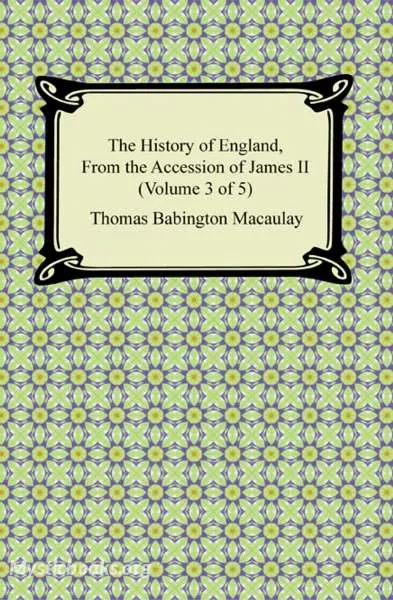
The History of England, from the Accession of James II - (Volume 3, Chapter 12)
'The History of England, from the Accession of James II - (Volume 3, Chapter 12)' Summary
Macaulay's approach to writing the History was innovative for his period. He consciously fused the picturesque, dramatic style of classical historians such as Thucydides and Tacitus with the learned and factual approach of his 18th-century precursors such as Hume, following the plan laid out in his own 1828 "Essay on History".
The History is famous for its brilliant ringing prose and for its confident, sometimes dogmatic, emphasis on a progressive model of British history. According to this view, England threw off superstition, autocracy and confusion to create a balanced constitution and a forward-looking culture combined with freedom of belief and expression. This model of human progress has been called the Whig interpretation of history.
Book Details
Language
EnglishOriginal Language
EnglishPublished In
1848Authors
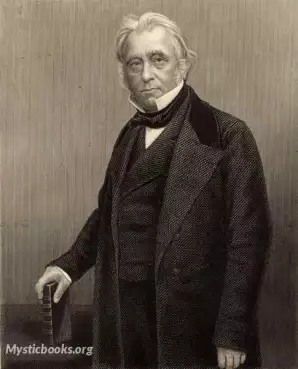
Thomas Babington Macaulay
England
Thomas Babington Macaulay, 1st Baron Macaulay was a British historian and Whig politician. He is considered primarily responsible for introducing the Western education system in India. He wrote extens...
Books by Thomas Babington MacaulayDownload eBooks
Listen/Download Audiobook
- Select Speed
Related books

Chronicles of Canada Volume 08 - Great Fortress: A Chronicle of Louisbourg 1720-1760 by William Charles Henry Wood
Louisbourg was no mere isolated stronghold which could be lost or won without affecting the wider issues of oversea dominion. On the contrary, it was...
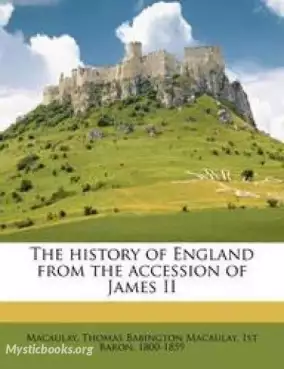
The History of England, from the Accession of James II - (Volume 4, Chapter 22) by Thomas Babington Macaulay
The History of England from the Accession of James the Second (1848) is the full title of the five-volume work by Lord Macaulay (1800–1859) more gener...
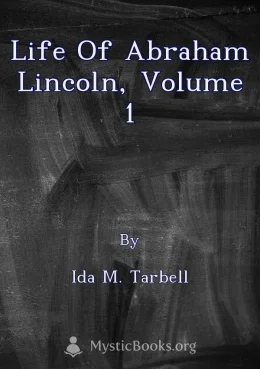
Life of Abraham Lincoln, Volume 1 by Ida M. Tarbell
This volume of Ida Tarbell's biography of Abraham Lincoln covers his life from his boyhood to his election to the presidency in 1860. Tarbell, a noted...

Queen Elizabeth by Jacob Abbott
The history of a woman who rose above and beyond tragedy, grief and personal loss to become one of the most powerful figures in sixteenth century Euro...
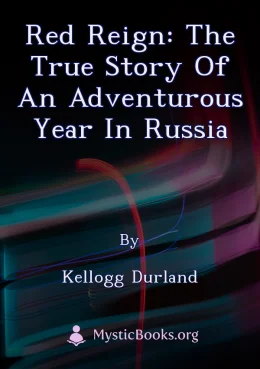
Red Reign: The True Story of an Adventurous Year in Russia by Kellogg Durland
Kellogg Durland's 'Red Reign' is a captivating firsthand account of the pivotal year he spent in Russia in 1906. As a journalist, Durland had a front-...
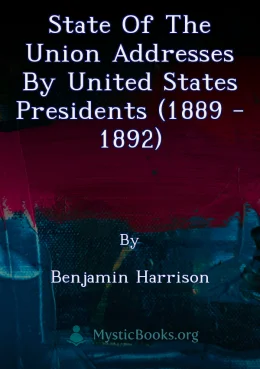
State of the Union Addresses by United States Presidents (1889 - 1892) by Benjamin Harrison
This book contains the transcripts of President Benjamin Harrison's annual State of the Union addresses delivered between 1889 and 1892. These address...
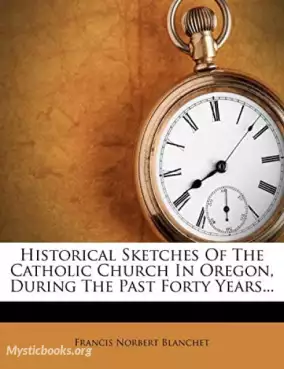
Historical Sketches of the Catholic Church in Oregon, During the Past Forty Years by François Norbert Blanchet
This book is a first-hand account of the experiences of Fr. Norbert Blanchet and his fellow missionaries to Oregon in the 1830’s and 1840’s. The origi...

Friendly Road, New Adventures in Contentment by Ray Stannard Baker
The Friendly Road is a memoir written in the early 20th century, narrated as a fictionalized account of a man named David Grayson (a pseudonym for aut...
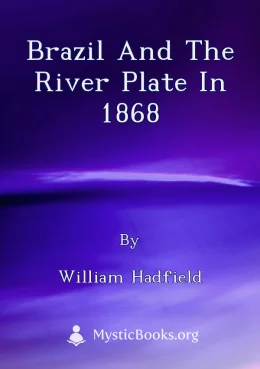
Brazil and the River Plate in 1868 by William Hadfield
This book provides a narrative description of the progress of Brazil and the River Plate countries in 1868. It covers various aspects of these countri...
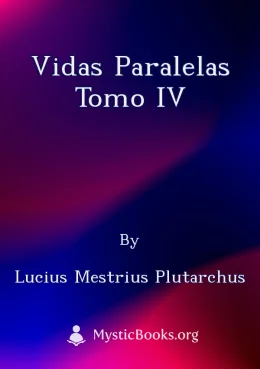
Vidas Paralelas Tomo IV by Lucius Mestrius Plutarchus
Plutarch's Parallel Lives is a collection of biographies of famous Greek and Roman figures, written in the 1st and 2nd centuries AD. The book compares...
Reviews for The History of England, from the Accession of James II - (Volume 3, Chapter 12)
No reviews posted or approved, yet...